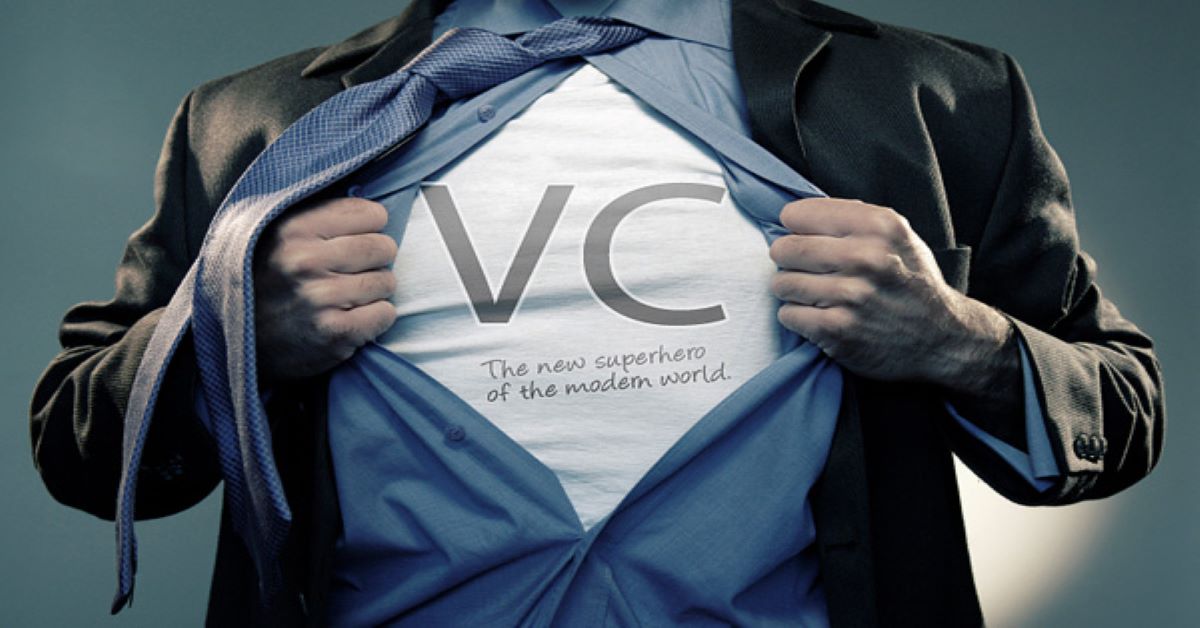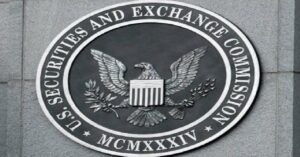New Demo Day rules, part of the SEC’s new private-capital raising rules, polices speech and hurts entrepreneurs and investors. Demo Days are sponsored “pitch” events where founders present to potential investors.
Questions have long existed about whether these events trigger dreaded “general solicitation,” banned in Reg D 506(b). In theory, sponsors can avoid worry by inviting only accredited investors where a pre-existing substantive relationship exists. But this is impractical. And so, these events whilst valuable to speaker and audience come tethered with lawyer angst.
The SEC Final Rule (Rule 148) seeks to ease general solicitation concerns for Demo Day participants. But while marginally helpful, it misses the sponsor-founder-investor dynamic.
New Demo Day rules fail to reconcile the main point
At heart Demo Days are about speech. They entail all the awkwardness, adrenaline, excitement, and curiosity that surround high-stakes human interaction.
Part of the Commission’s goal in policing ‘general solicitation’ is to protect nonaccredited investors. It fears they may hear “broad offering related communications” for investments they can’t back. But at least one Commissioner doesn’t get it. As she often does, Commissioner Hester Peirce, staked a lonely position in her public statement after the Final Rules vote: “I would have favored loosening restrictions on the information permitted to be conveyed at these events and the individuals permitted to participate online, which frankly is the only way anyone is participating these days. How would attendees at these events be hurt by simply hearing details about an offering in which they cannot invest?”
Professor Usha Rodrigues reiterates this point. One the investor-protection focused Commission never seems to recognize. “Securities law . . . in theory, as in practice, marginalizes the average investor without acknowledging that it does so, let alone justifying it.”
New Demo Day rules disfavor tax-paying entities
To protect nonaccrediteds and ensure others don’t hear “too much,” Rule 148 mandates criteria that remove general solicitation worries. It limits who can sponsor Demo Days to a college, university, or other institution of higher education, State or local government or instrumentality thereof, nonprofit organization, or angel investor group, incubator, or accelerator. The Commission repeatedly states in policy for entities that lack profit motive.
But as Heritage Foundation David Burton Senior Fellow commented, official disfavor of profit is a government position lacking rationale:
The Commission should be reluctant to create artificial regulatory barriers to entrepreneurial capital formation unless there is a very sound policy reason to do so. It is also problematic to afford special advantages to governments or tax-exempt organizations. Paying taxes and running a business should not be disfavored. Thus, I would recommend allowing any business or organization to hold “demo days” unless the sponsor of the event is in a prohibited class (which in the proposed rule would include broker-dealers and investment advisers).
While also limiting sponsor and founder speech
Rule 148 restricts sponsor speech in numerous ways:. Adverts can’t mention specific offerings by the issuer; sponsors can’t make recommendations, engage in investment negotiations, or anything that may put them in broker-dealer land. Moreover, the Commission restricts sponsors’ and potential attendees’ freedom of association by limiting who can attend in person or virtually.
As important, Rule 148 caps founder speech to distinct bits of offer data: a notification that the issuer has an offer; the type and amount of securities being offered, the intended use of proceeds, and the unsubscribed amount.
Consumer lobbying groups and academics attack new Demo Day rules
Whilst some, like Commissioner Peirce may wonder what these speech and association controls accomplish, another group bitterly complained the new Demo Day rules portend a dark future for investors.
The Consumer Federation of America (CFA) leads the charge. This group which works closely with other union-backed and public-pension-funded groups including Healthy Markets, Better Markets, and the Council of Institutional Investors. These groups try to stifle founder speech and startup capital whilst trying to force companies into the public markets where they can be controlled.
CFA’s 58-page bromide attacks the Commission and Commissioners for failing to restrict companies’ and investors’ speech, freedom, and choices. This includes a rhetorical flourish where it accuses some Commissioners of abandoning the agency’s mission in the service of ideological-driven regulatory policy.
CFA’s Rule 148 attack typifies its view. It approvingly quotes a Mississippi law professor who accuses the Senate of engaging in “the de facto repeal of offering regulation” in an unpassed bill almost verbatim to Rule 148. The unpassed bill-turned-Rule 148 “purports to require that ‘no specific information regarding an offering of securities by the issuer [be] communicated or distributed by or on behalf of the issuer,’ and then creates an exception that covers all of the essential specific information that an issuer would want to communicate regarding its offering.”
Market Actors see things different
Sara Hanks disagrees. The CEO of Crowdcheck works with entrepreneurs. As someone who actually advises Demo Day presenters her view was practical. She accused Rule 148 of limiting issuers to “reading out tombstone adverts on a platform.” She then compared the speech-stifling approach to a Monty Python Cheese Shop sketch:
“So what traction do you have?” “Sorry, can’t answer that.”
“How is your solution better than your competitors?” “Sorry, can’t answer that.”
“What was your valuation on your Series B?” “Well actually . . . no, sorry, can’t answer that.”
The contrasting views expose the gulf between those that understand the grind of running a startup and raising capital and lobbying groups academics and that answer to the amorphous “public interest.”

Consumer groups want to curtail Demo Days
In fact, CFA frowns on pitch days in general, arguing they may favor some presenters over others. The Commission asserts loosening or at least clarifying these rules may help traditionally underfunded founders including women, but CFA disagrees.
It cites a female-led study that avers men are more likely to get Demo Day funding even when pitching the same company. CFA excludes the fact the study specifically states “good looking men” are most favored. So only a third of men may benefit if divided into three categories: unattractive, average, and good-looking. And instead of finding ways improve female founder pitching skills, which is essentially sales—a skill all founders must have. It instead attacks the Commission for sanctioning Demo Days at all.
New Virtual Demo Day rules arbitrarily exclude people
Rule 148’s virtual Demo Days restrictions also make no sense. Rule 148 caps virtual audiences so only select invitees can attend:
Individuals who are members of, or otherwise associated with the sponsor organization (for example, members of an angel investor group or students, faculty, or alumni of a college or university); (b) individuals that the sponsor reasonably believes are accredited investors; or (c) individuals who have been invited to the event by the sponsor based on industry or investment-related experience reasonably selected by the sponsor in good faith and disclosed in the public communications about the event.
The Commission considers this an investor protection:
The limitations we are adopting will help prevent broad offering communications over the internet to unlimited numbers of non-accredited investors by requiring the sponsor to limit participation to a population of potential investors related to the sponsor or about whose qualifications the sponsor has some knowledge, but at the same time will provide sponsors with ample flexibility to continue to conduct such events.
But how is preventing people from hearing truthful information via “broad offering communications” a worthy policy goal irrespective of statutory origins? As Commissioner Peirce might ask, what are the consequences? For instance, why does it benefit sponsor-university students to attend but not someone at a nearby junior college or the would-be entrepreneur saving to start a business. In fact, the prohibition functions like an arbitrary restriction on people’s First Amendment right to hear information.

The SEC should stop policing speech and focus on sales
Despite what consumer lobbying groups and academics might think, the SEC should stop regulating offers and exit the speech-policing business. No one is harmed just from hearing an offer. The rules reify concerns animating the original securities acts but untethered to the modern communications world.
The new Demo Day rules reflect a genuine Commission effort to improve and clarify rules. Unfortunately, it reinforces the reality that the Commission has anointed itself speech cops for so long it can’t grasp an alternative.







